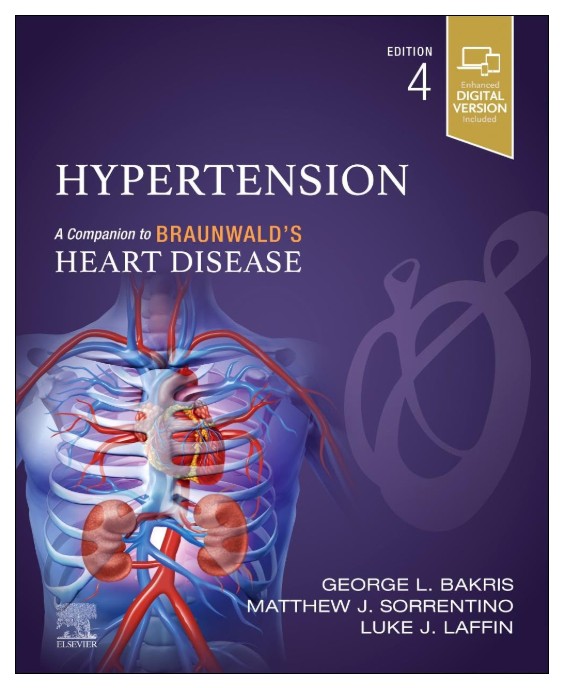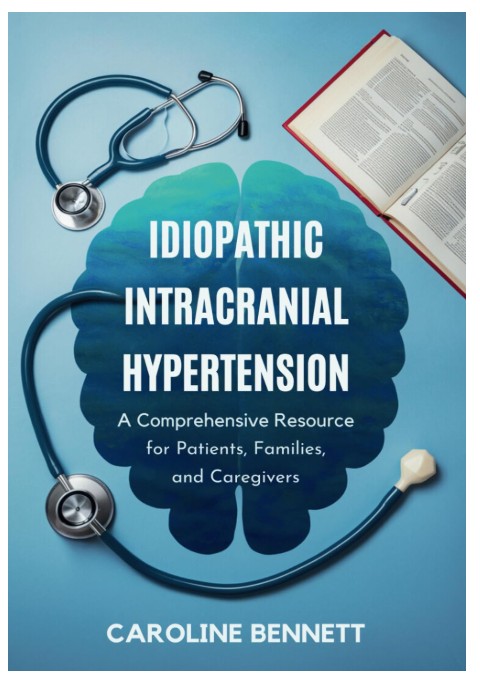Idiopathic Intracranial Hypertension (IIH), also known as pseudotumor cerebri, is a neurological condition characterized by increased pressure within the skull. The cause of this condition is unknown, hence the term ‘idiopathic.’ However, several studies have suggested a strong link between obesity and IIH. This article will explore this relationship in depth, focusing on the potential mechanisms behind it and implications for treatment.
Obesity is a global health issue that affects millions of people worldwide, leading to various health complications. It’s characterized by an excessive amount of body fat that can impact health negatively. One such negative impact appears to be an increased risk of developing IIH. Studies show that up to 90% of individuals diagnosed with IIH are overweight or obese, suggesting a strong correlation between obesity and this condition.
The exact mechanism linking obesity and IIH remains unclear; however, several theories have been proposed. One theory suggests that excess body fat increases abdominal pressure, which in turn increases pressure within the veins draining blood from the brain. This could lead to increased pressure within the skull, resulting in IIH.
Another theory proposes that obesity leads to hormonal changes that increase cerebrospinal fluid (CSF) production or decrease its absorption. CSF is the fluid present around your brain and spinal cord, providing necessary cushioning for these vital organs. An imbalance in its production or absorption can lead to increased intracranial pressure.
It’s also worth noting that not only does obesity appear to increase the risk of developing IIH but it may also influence disease severity and prognosis. Studies suggest that individuals with higher body mass indices (BMIs) may experience more severe symptoms and have a poorer response to treatment than those with lower BMIs.
Given these findings, weight loss has been suggested as a potential treatment strategy for individuals with IIH who are overweight or obese. Several studies have shown promising results in this area, with weight loss leading to a reduction in intracranial pressure and improvement in symptoms. This has led some experts to suggest that weight management should be a key component of IIH treatment plans.
However, it’s important to note that while there appears to be a strong link between obesity and IIH, not all individuals with IIH are overweight or obese. Other factors may also contribute to the development of this condition and should be considered when developing treatment strategies.
In conclusion, while the exact mechanism linking obesity and IIH is still under investigation, the correlation between the two is clear. Weight management could potentially play a significant role in managing this condition. However, more research is needed to fully understand this relationship and develop effective treatment strategies for individuals with IIH.



